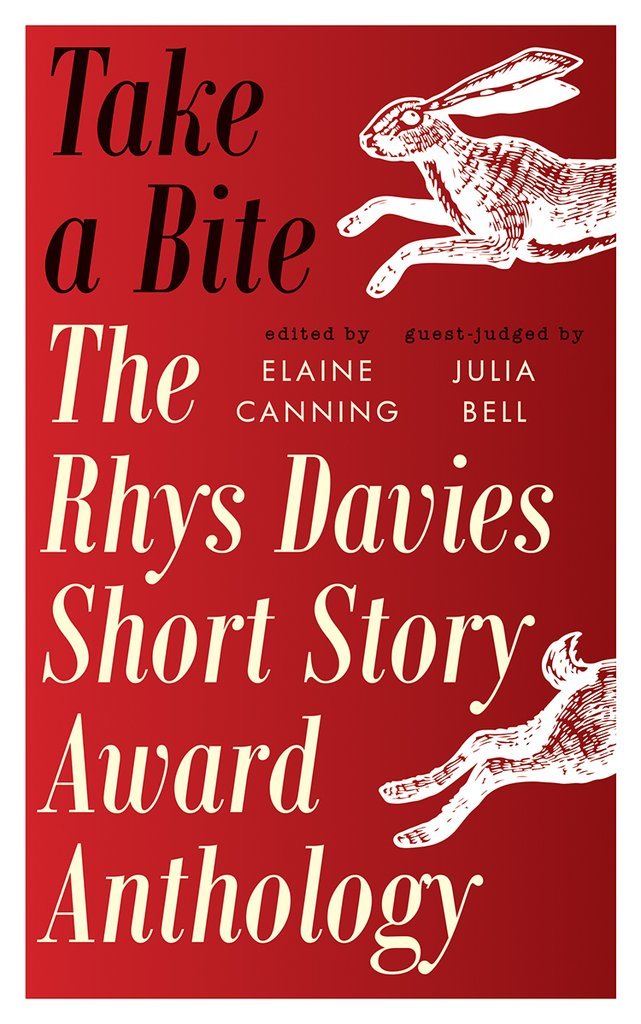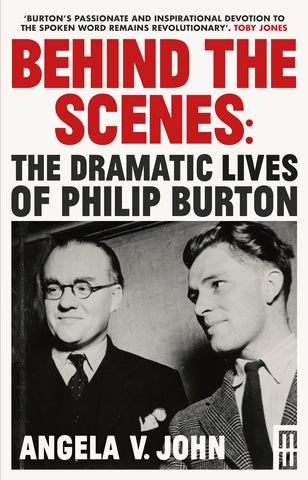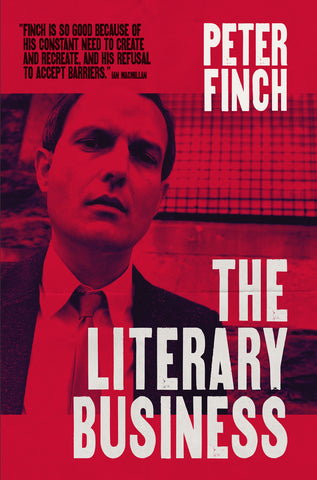Welcome to our fifth #authorinsight, where we present to you a behind-the-scenes interview with 2021 Rhys Davies Short Story Award shortlisted author, Giancarlo Gemin, who wrote the short story 'Cure Time'.

Born in Cardiff, Giancarlo has previously written two children’s books, Cowgirl and Sweet Pizza, both of which were winners of the Tir Na n-Og Award (2015 and 2016). He is currently working on his first adult novel based on a library in Wales during the austerity years. His short non-fiction, “The Valleys of Venice” (the story of his mother’s journey from Italy to Wales) will be part of Parthian’s travel anthology, “An Open Door”, edited by Steven Lovatt and published in 2022.
In Giancarlo’s shortlisted entry, ‘Cure Time’, a sixty-four-year-old woman, Eileen, is seeking companionship through online dating sites and reflects on dating during lockdown. She struggles with her fear of rejection and anxieties of the past which continue to haunt her.
1. Loneliness is something we all felt during lockdown, but what inspired Eileen’s story?
As someone who was online dating for a number of years, it struck me that lockdown was a cruel obstacle to finding a partner in an already difficult process that requires a significant degree of bravery. On a positive note – I managed to stumble over my partner on Guardian Soulmates over ten years ago, just at the point when I was resigned to remaining a grumpy, single old man.
2. Eileen reflecting on the past really enhances her anxieties of the future – did you feel this was a primary opposition she needed to face?
She is tormented with regrets - an understandable and common human trait - but somewhere along the line she learned only to be harder on herself as a way of dealing with those regrets or mistakes. I think it’s impossible to forget a regret, but Eileen comes to recognise her inner voice tempting her to dwell on the past and its destructive side effects.
3. What inspired you to switch from writing children’s fiction into adult? Did you approach writing them differently?
My reach has always tormented my grasp. Writing is a time-consuming occupation, and these days I prefer to look at it as a hobby, rather than a profession. I decided to try writing for adults simply to test myself – perhaps the result of a Catholic upbringing and a propensity for self-flagellation (my tongue firmly in my cheek). I have found writing for adults more difficult than writing for children, but it’s very important to add that this should not be construed that writing for children is easier – an adult reader simply has more life and literary experience.
4. Do you have any plans for your writing in the future?
I would dearly like to see the adult novel I’m working on make it onto the library and bookshop shelves, but if it’s not published I have a bed of nails at the ready. I am also developing a project for children.
Giancarlo’s short story can be found in the Rhys Davies Short Story Award Anthology 2021, available here. Other stories within the anthology focus on themes of family dynamics, loneliness, and realisation. Together, the collection plays with language, characters, and Welsh writing traditions, to create artistic stories that emotionally move you.
Yesterday's interview, discussing Rosie Manning's short story 'Juice', is still available to read as part of our #DecemberDialogues here.



